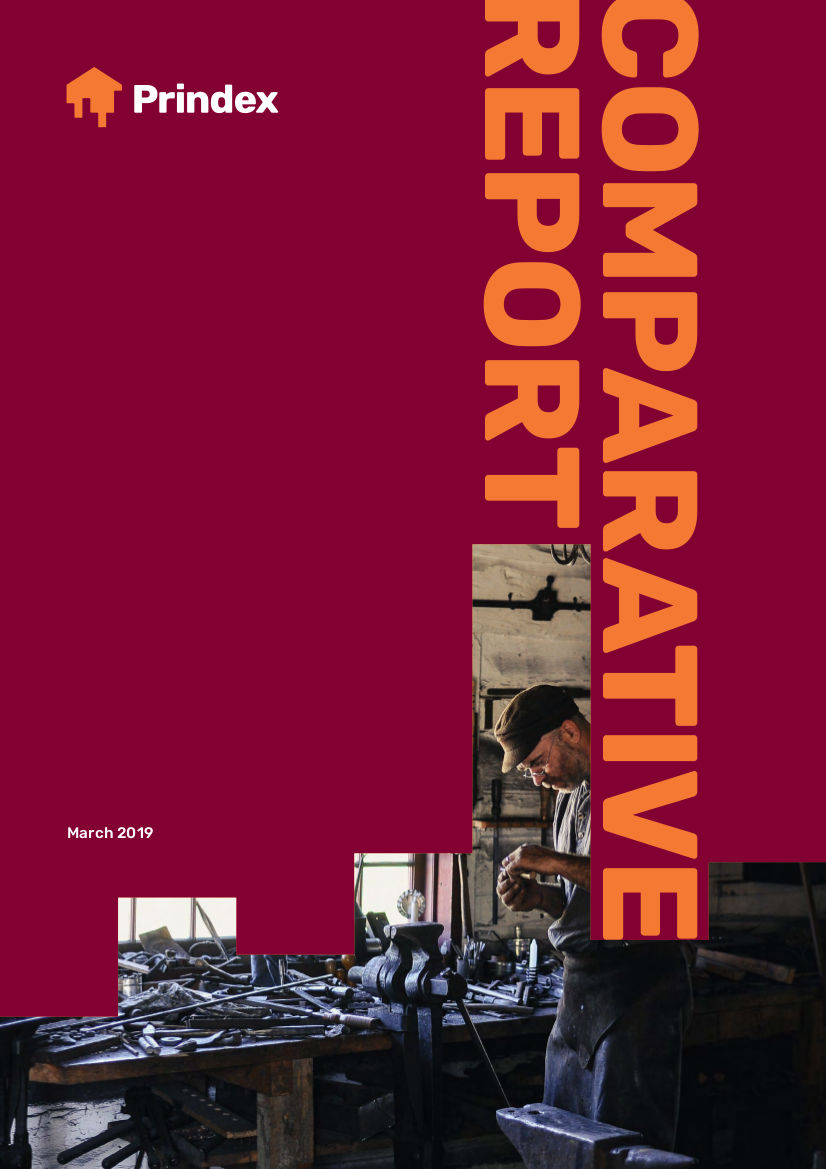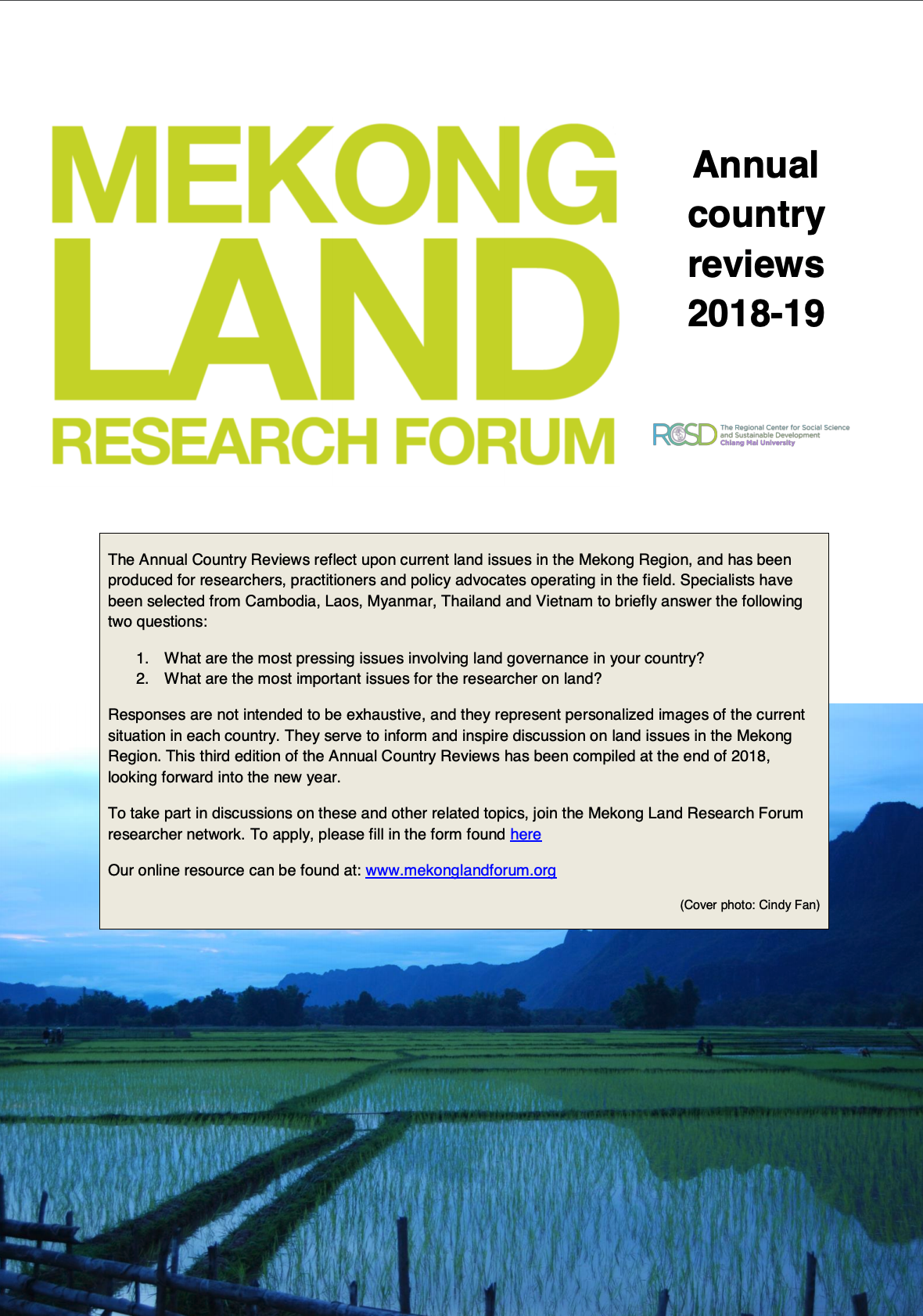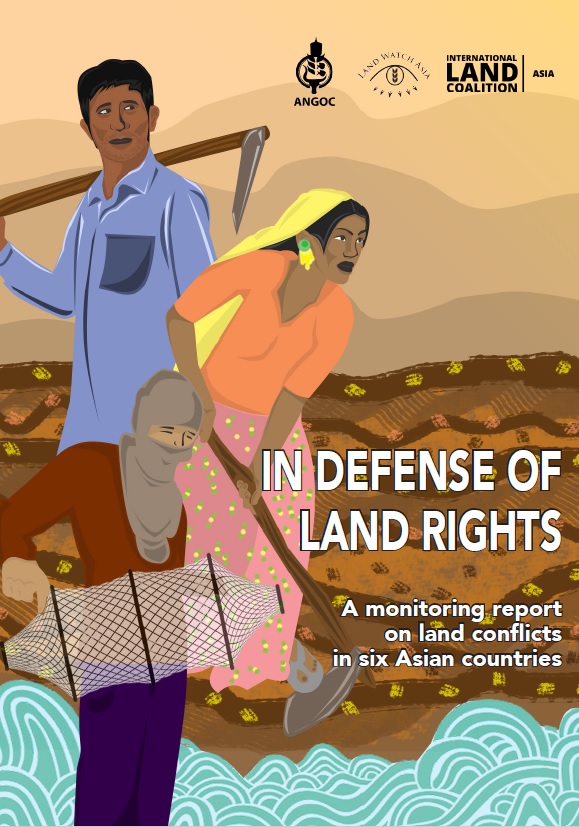A deeper look at what the results of the 33 wave 1 and 2 countries show about urban land tenure security. This report compliments the Prindex Comparative Report by focusing on a specific aspect of land and tenure insecurity.
This report uses household-level data from 33, mostly developing, countries to analyse perceptions of tenure insecurity among women. We test two hypotheses: (1) that women feel more insecure than men; and (2) that increasing statutory protections for women, for instance by issuing joint named…
Property rights are a cornerstone of economic development and social justice. A fundamental way of understanding the strength of property rights is through citizens' perceptions of them. Yet perceptions of tenure security have never been collected at a global scale.
The lack of global…
Milones de personas de todo el mundo dependen de recursos naturales, como la tierra, la pesca y los bosques, que se utilizan de manera colectiva como propiedadescomunales. Estas son fundamentales para la cultura, el bienestar y la identidad cultural. Como fuente de alimentos e ingresos,…
The Annual Country Reviews reflect upon current land issues in the Mekong Region, and has been produced for researchers, practitioners and policy advocates operating in the field. Specialists have been selected from Cambodia, Laos, Myanmar, Thailand and Vietnam to briefly answer the following…
This country profile presents the Land Matrix data for Cambodia, detailing large-scale land acquisition (LSLA) transactions that:
• entail a transfer ofrights to use, control or own land through sale, lease or concession;
• have an intended size of 200 hectares (ha) or larger;…
Monitoring reports were prepared in six Asian countries to understand the nature, causes, and impacts of land and resource conflicts, and to highlight the human rights issues intertwined with them. This publication likewise provides an overview of some of the available conflict response and…
This paper assesses the role of the private sector by using the case study of Cambodia to learn specific lessons for increasing the resilience of food systems in the developing world. In order to develop a sustainable and lasting impact, it is imperative that both market actors and private…
Stunting affects 160 million pre-school children globally with adverse life-long consequences. While work within nutritional science suggests that stunting in early childhood is associated with low intakes of animal-sourced foods (ASFs), this topic has received little attention from economists.…
The residents of the Ganges and Mekong River deltas face serious challenges from rising sea levels, saltwater intrusion, pollution from upstream sources, growing populations, and infrastructure that no longer works as planned. In both deltas, scientists working for nearly two decades with…
Evaluation of FAO’s Contribution to Cambodia Although Cambodia is rapidly transitioning to a more industrialised economy, the country is still among the poorest in Southeast Asia, and the risk of sliding back into poverty remains high, especially for rural households. The goal of FAO’s programme…
This study investigated the implications of large-scale land concessions in the Red River Delta, Vietnam, and Northeast Cambodia with regard to urban and agricultural frontiers, agrarian transitions, migration, and places from which the migrant workers originated. Field interviews conducted near…












